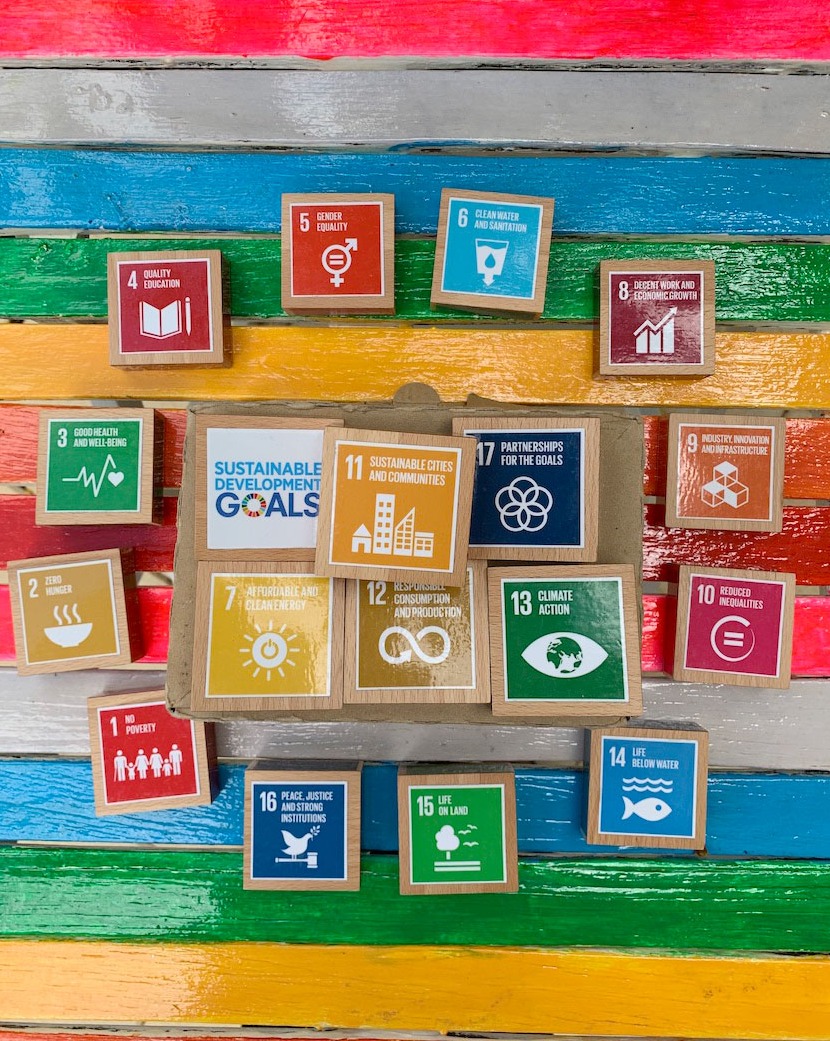The SDGs as a framework
As a global leader in sustainability, aligning research to the SDGs ensures the University can work alongside other organisations and institutions to confront global sustainability challenges.
There is a range of sustainability frameworks that research can be framed against. Examples include the triple bottom line, the nine planetary boundaries and the Global Reporting Initiative (GRI) standards.
Some have expressed scepticism around the retrospective adoption of SDGs into research projects. While all the projects are intended to contribute to sustainability, they may not have been initially aligned with the goals.

However, the strength of the SDGs as a lens is that they are endorsed by 193 nations, incorporate a strong social equity element, and are operationalised with indicators and targets. Showing how research aligns with the SDGs can make it more accessible to the international community. It also enables the University community to ask, ‘are we doing enough?’, and, ‘are the SDGs themselves ambitious enough?’
Sustainable Development Solutions Network
Recognising the benefits that the SDGs bring, the University of Melbourne signed the Sustainable Development Solutions Network’s university commitment to the SDGs in September 2016, which calls upon universities to drive adoption of the goals. With their broad remit around the creation and dissemination of knowledge and their unique position within society, universities have a critical role to play in achieving the SDGs.
By framing research around the SDGs, we aim to create a global future that is inclusive, equitable and just, and which provides prosperity, all within environmental limits.
Times Higher Education’s Impact Rankings
Showing how diverse research projects contribute to SDG targets and indicators is one of the ways that the University can demonstrate its commitment to sustainable development. There is also an institutional benefit to be gained from viewing research through the lens of the SDGs.
In the future, it might be possible for the University of Melbourne to participate more fully in Times Higher Education’s (THE) Impact Rankings. These rank participating universities against the SDGs and provide prospective students and staff with an independent assessment of universities’ work to deliver sustainability. Participation in the THE Impact Rankings can show that when it comes to sustainable development, the University of Melbourne is an institution of international standing.